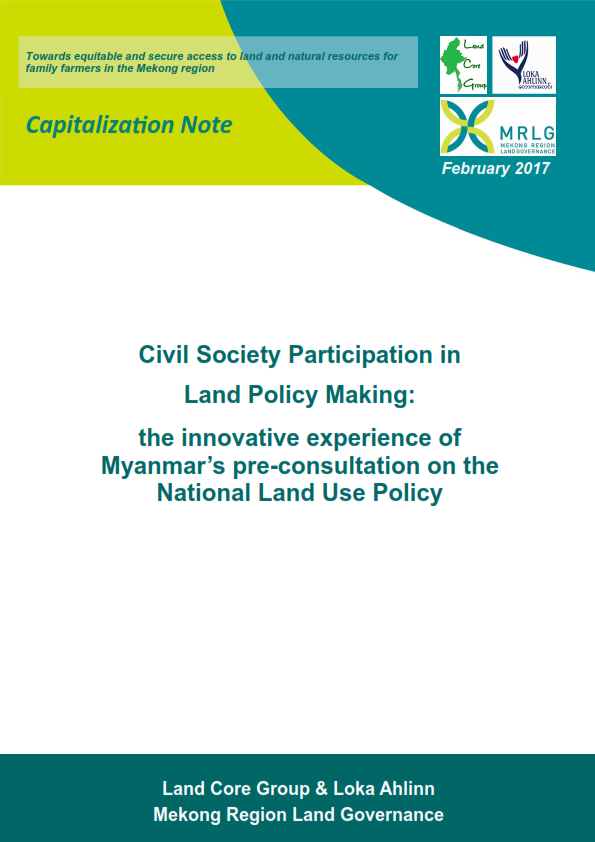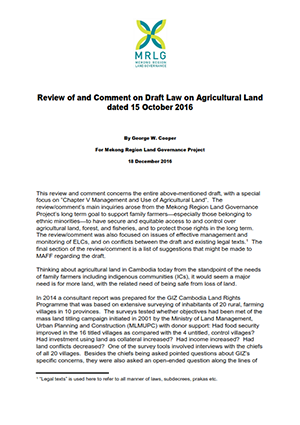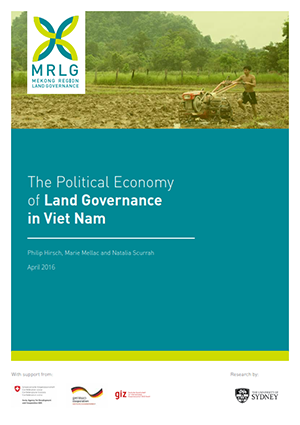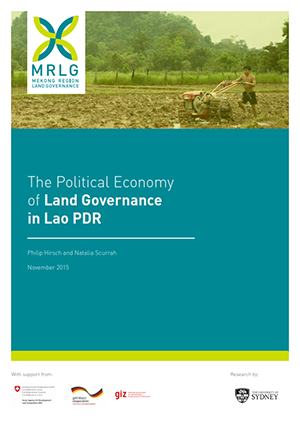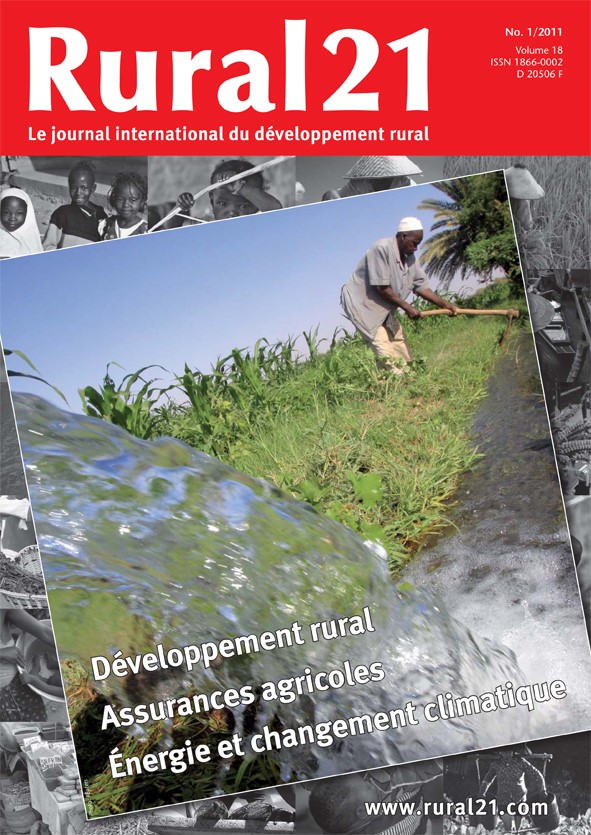After the tsunami disaster. Rehabilitating fisheries and coastal areas.
The devastating tsunami has shown in a tragic way the great vulnerability and exposed nature of coastal communities to natural calamities. It also has drawn global attention to the poor living conditions of fishing communities and the many threats to the sustainable use of fishery resources and coastal ecosystems. Post-tsunami rehabilitation offers the opportunity to build back better, improve and make more secure the lives of disadvantaged sections of the population and set fisheries and coastal resource use on a sustainable footing.





